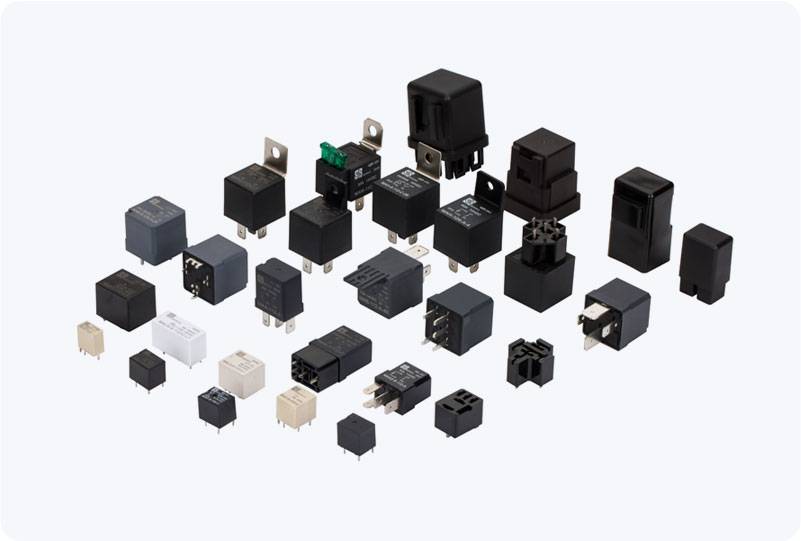understanding the importance of motor starter relay in electrical control systems
Release time:2025-10-19 19:53:02
A Motor Starter Relay is an essential electrical component used in industrial and residential applications to manage the start-up process of electric motors. These relays play a crucial role in protecting the motor and ensuring smooth operation by controlling the flow of electricity and preventing any damage due to overload or short circuits. This article explores the functionality, types, applications, and benefits of Motor Starter Relays.

What is a Motor Starter Relay? A Motor Starter Relay is an electrical relay designed to start and protect electric motors, primarily alternating current (AC) motors, from damage caused by overload, short circuits, or improper voltage. It is often used in conjunction with a contactor, which serves as the switch that connects or disconnects the motor from the power source. In simple terms, the relay works by allowing a certain amount of current to pass through to the motor, ensuring a controlled start. It also includes protective features to prevent the motor from running under unsafe conditions. The motor starter relay system is particularly important in industries where motors are frequently used, such as manufacturing, HVAC systems, and water pumps.

